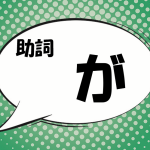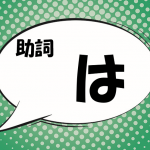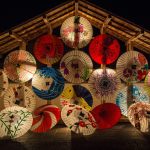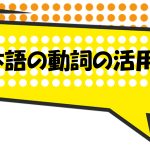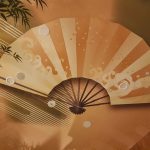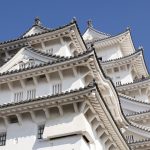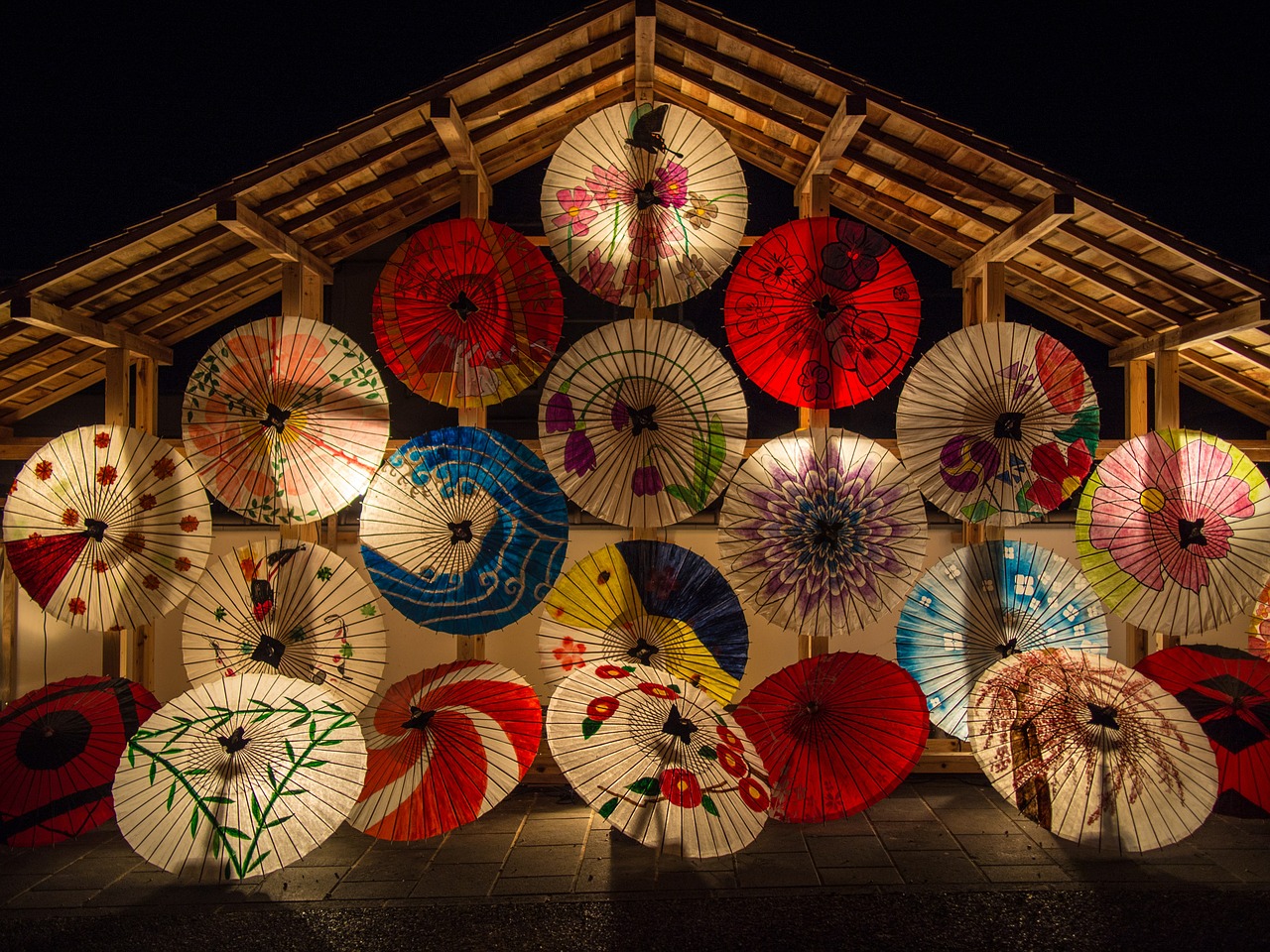
What is the difference between the particle "ga/が" and "wa/は"?
This is definitely one of the most difficult part of Japanese language not only for Japanese language learner but also for Japanese language teacher.
But I'm sure that you will be able to use both "ga/が" and "wa/は" more properly after finish reading this page.
目次
- 1 What you shouldn't do
- 2 The Basic Concept of "ga/が" and "wa/は"
- 3 Situation 1: When you Introduce your name
- 4 Situation 2: When you see a beautiful sea
- 5 Situation 3: When you see a snake
- 6 Situation 4: When you ask or answer to WH questions
- 7 Situation 5: When you ask or answer to Yes/ No questions
- 8 Situation 6: When you can't believe something
- 9 Situation 7: When you Explain the capital of Japan
What you shouldn't do
When it comes to Japanese grammar, "ga/が" and "wa/は" are often explained by connecting with subject. I think this idea comes from English grammar. In English, subject usually comes first in a sentence. Subject is a basic element of a sentence in English, of course. Sentence usually start with the word like "I", "You", "He", "She", "It", "we" or "they" etc.
Did you know that the term "subject-prominent language" is used for English among linguists?
Don't you think the term describes the feature of English well?
What about Japanese language?
Have you ever heard the fact that subject is often removed in a sentence in Japanese?
This fact shows us that subject is not important in Japanese language, isn't it?
Stop thinking which word is the subject in a sentence. I'm a Japanese native and I'm sure that Japanese people don't care what the subject is when it comes to making a sentence.
Then, what else is important in Japanese language?
It's a topic.
Japanese is what linguists call a "toipc-prominent language" or "topic-comment language." This means that speakers will introduce a topic, and then comment on it.
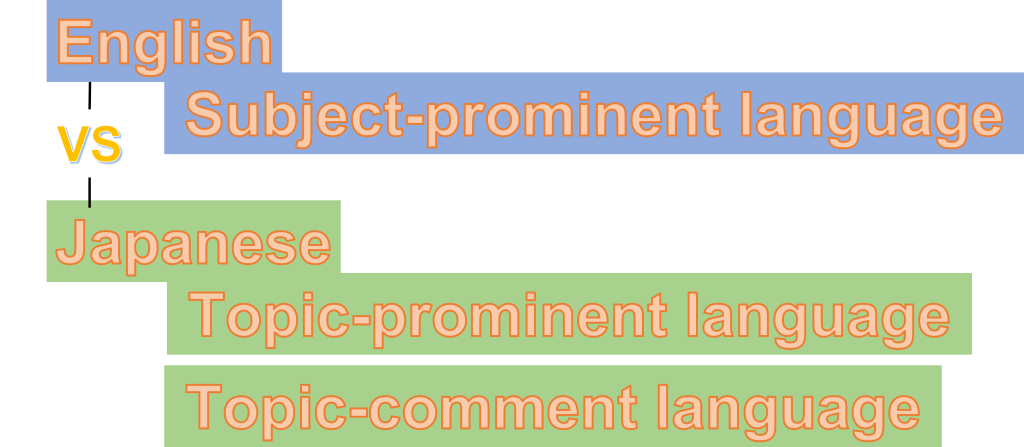
Then, how to introduce a topic in Japanese? Use the particle wa/は.
The particle wa/は is used to introduce a topic. All you need to do is just put wa/は after the word which you want to introduce as a topic.
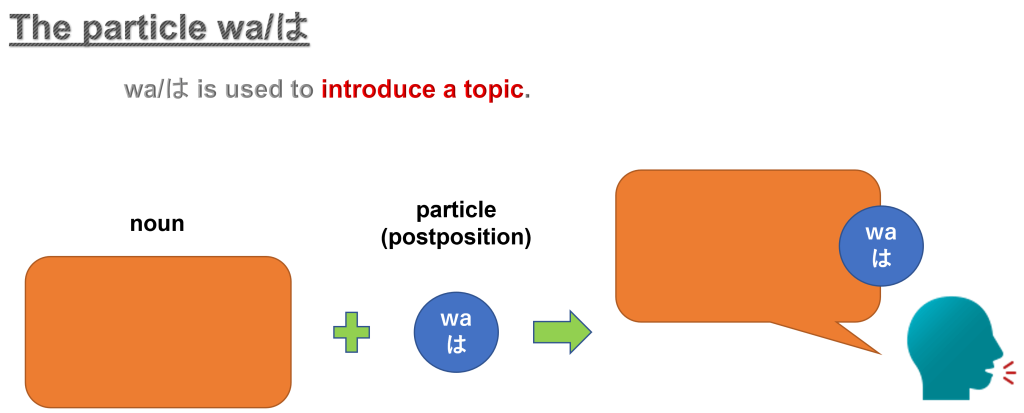
For example, if you want to talk about "watashi/わたし" which means "I", start conversation with "Watashi/わたし wa/は".
If you want to talk about "nihon/にほん" which means "Japan", start conversation with "Nihon/にほん wa/は".
Okay, now you know how to introduce a topic and how to use the particle wa/は.
But, what is the ga/が? Let's find out what it is.
The Basic Concept of "ga/が" and "wa/は"
ga/が is used to highlight something. In more detail, ga/が is used with the word which is thought as important or special, or used in a specific situation or condition.
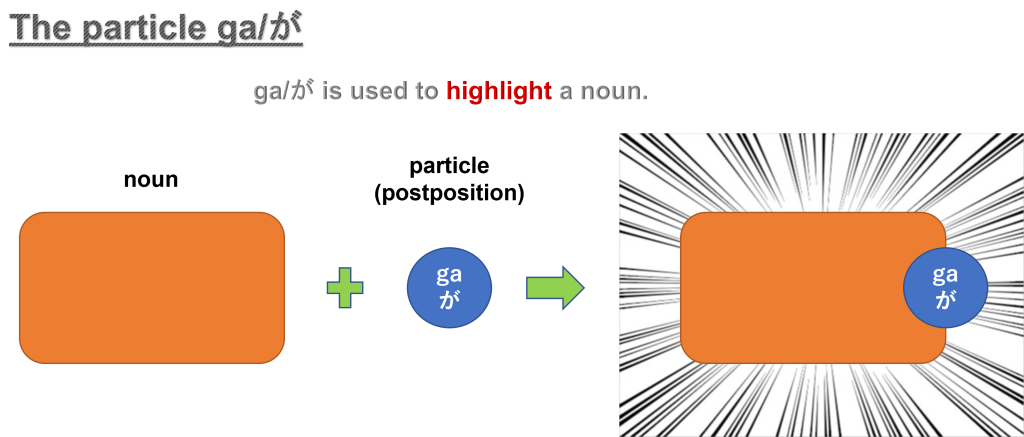
Again, wa/は is used to introduce a topic. In more detail, wa/は is used to talk about general truths or speaker's general idea, or used to describe or explain something.
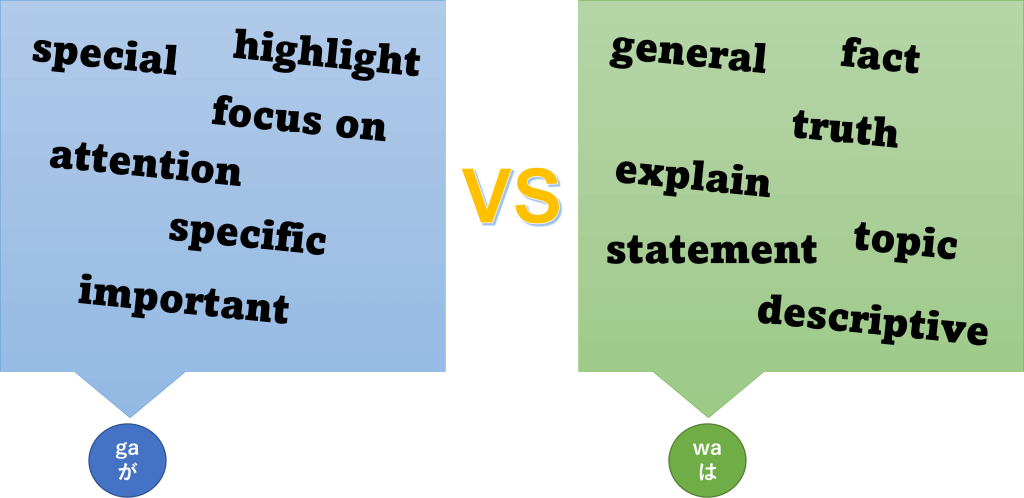
The words associated with ga/が are like "highlight", "focus on", "special", "specific", "important" and "attention."
The words associated with wa/は are like "topic", "general", "truth", "fact", "descriptive", "explain" and "statement."
These words may help you to understand the feature of ga/が and wa/は.
Actually, the best way to understand the difference between ga/が and wa/は is to learn from example sentences and its situations, that is to learn from the context.
Let's look at some examples.
Situation 1: When you Introduce your name
<Example 1>
Watashi no namae wa Takashi desu.
わたし の なまえ は たかし です。
私 の 名前 は たかし です。
[I of name wa/は Takashi is]
My name is Takashi.
When we, japanese people, introduce our name, we usually put wa/は after "watashi no namae" which means "my name." This is because it is the topic of the sentence.
In thins case, we don't use ga/が and don't say "Watashi no namae ga Takashi desu."
Why?
Remember, ga/が is used to highlight a word by putting it after the word you want to highlight.
In <Example 1>, the most important part of this sentence is "Takashi" because it is the name which he wants to introduce.
If you use ga/が instead of wa/は in this sentence, "watashi no namae" is highlighted. This sounds really really weird to native Japanese.
So, generally we use wa/は to explain or describe something in this way.
However, there is a situation that you can use ga/が.
Imagine a situation that you find a paper and the word "Takashi" is written on it. You might say like "Takashi ... what is it?"
In this case ga/が can be used like saying "Watashi no namae ga Takashi desu" because "Watashi no namae" is the answer of the question and it is highlighted by ga/が in the sentence.
This is the proper way of using ga/が.
Okay now let's summarize all of situation 1.
- wa/は is used to introduce a topic
- wa/は can be used when the word or phrase which comes after it seems important in a sentence
- ga/が is used to highlight something
- ga/が can be used when the word which comes before it seems important in a sentence
- ga/が can be used after the word which shows answer of a question
Situation 2: When you see a beautiful sea
<Example 2>
Umi ga kirei.
うみ が きれい。
海 が きれい。
[the sea ga/が beautiful]
The sea is beautiful.
When we, Japanese people, see a beautiful sea we usually use ga/が and say "Umi ga kirei." Here, "umi" is highlighted by ga/が.
But, wait! "Umi" is the topic of the sentence, isn't it?
Actually, in this situation you should avoid using wa/は because wa/は is used to talk about general truths or speaker's general idea.
If you say "Umi wa kirei", this means "I think sea is beautiful in general." If you feel in this way when you see a beautiful sea, you can say "Umi wa kirei."
On the other hand, if you want to express like "the sea I saw now is beautiful", "the sea especially here is beautiful" or "the sea especially now is beautiful", use ga/が and say "Umi ga kirei".
Seas are not always beautiful. There are some seas which are dirty and not clean. If you find a beautiful sea, you can use ga/が to imply “especially here.”
Seas become more beautiful during a certain time of the day. ga/が can be used to imply “especially now.”
Again, ga/が is used to highlight something and this highlighting sometimes sounds like specific or special.
Okay now let's summarize all of situation 2.
- ga/が is used to highlight something
- ga/が can be used for a specific or special situation to imply "especially here" or "especially now"
- wa/は is used to talk about general truths or speaker's general idea
Situation 3: When you see a snake
<Example 3>
Hebi ga iru.
へび が いる。
蛇 が いる。
[a snake ga/が is]
There is a snake.
When we, Japanese people, find a snake we usually use ga/が and say "Hebi ga iru." Here, "hebi" is highlighted by ga/が.
But wait, wait! "Hebi" is the topic of the sentence isn't it?
In this situation, it's not good idea to use wa/は because wa/は is used to talk about general truths.
If you use wa/は and say "Hebi wa iru", this sounds like "Snakes exist in the world." This sounds weird to native Japanese of course because everyone knows the fact that snakes exist in the world.
So, you should use ga/が and say "Hebi ga iru" if you want to imply "now" or "here".
In addition, there is another reason why ga/が is more suitable in this situation.
ga/が can be used to introduce new information in a story. New information is important in a story and ga/が can draw attention to it by highlighting it. That is why ga/が is often used with "iru/いる" which means "to be" or "to exist." In the beginning of a story ga/が and "iru/いる" are often used to introduce a character to the story in the same way as the English "there is/are."
The verb "iru/いる" is often used with ga/が, however, there is a situation that it is used with wa/は.
When someone asks "Where is the snake?", you can say "Hebi wa heya no naka ni iru" which means "The snake is in the room."
This is because the important part of this sentence is "heya no naka" which means "in the room" and don't necessary to highlight the word "hebi."
Also, one of the feature of wa/は which generalize something can be ignored when wa/は is used with the word which limit the situation like "heya no naka." Here, wa/は plays only its role of introducing the topic of "hebi" which is given by someone.
If you are the first person who find a snake in a room, then you should use ga/が and say "Hebi ga heya no naka ni iru."
So complicated, isn't it?
Okay, let's summarize all of situation 3.
- ga/が is used to highlight something
- ga/が can be used for a specific or special situation to imply "especially here" or "especially now"
- ga/が can be used to introduce new information in a story by drawing attention to it
- wa/は is used to talk about general truths
- wa/は can be used when the word or phrase which comes after seems is important in a sentence
- wa/は can lose its feature of generalizing something when it is used with the word which limit the situation and only plays its role of introducing a topic
Situation 4: When you ask or answer to WH questions
<Example 4>
Dare ga tsukutta no.
だれ が つくった の。
誰 が 作った の。
[who ga/が made ?]
Who made it?
Boku ga tsukutta.
ぼく が つくった。
僕 が 作った。
[I ga/が made]
I made it.
When we, Japanese people, make a WH question we usually use ga/が.
When "dare/だれ" which means "who", "itsu/いつ" which means "when", "doko/どこ" which means "where", "nani/なに" which means "what" or "dore/どれ" which means "which" is the subject in a question sentence, they are usually followed by ga/が.
Also, the answer of WH question is usually followed by ga/が.
Both question word and the answer are important. That is why they are highlighted by ga/が.
There is no choice to use wa/は in these sentence. We, Japanese people, never say "Dare wa tsukutta no" and also never say "Boku wa tsukutta."
Let's summarize all of situation 4.
- ga/が is used to highlight something
- ga/が is used to ask or answer to WH questions
- wa/は cannot be used when you ask or answer to WH questions
Situation 5: When you ask or answer to Yes/ No questions
<Example 5>
Eego wa suki desu ka.
えいご は すき です か。
英語 は 好き です か。
[English wa/は favorite is ?]
Do you like English?
Hai, eego wa suki desu.
はい、えいご は すき です。
はい、英語 は 好き です。
[yes, English wa/は favorite is]
Yes, I like English.
When we, Japanese people, make a Yes / No question we usually use wa/は.
The topic of Yes / No question is usually followed by wa/は.
The topic in an answer which is given by someone who is asking Yes / No question is also usually followed by wa/は.
If you want to emphasize that what you are saying applies more to one person, you can use ga/が instead of wa/は.
So, you can say both "Eego ga suki desu ka" and "Hai, eego ga suki desu."
<Example 6>
Kore wa tamago desu ka.
これ は たまご です か。
これ は 卵 です か。
[this wa/は egg is ?]
Is this egg?
If the sentence doesn't include the word which has degree such as "like", you can't use ga/が in the same way. So, you can't say "Kore ga tamago desu ka" in the same way as "Eego ga suki desu ka."
Let's summarize all of situation 5.
- wa/は is usually used to ask or answer to Yes / No questions
- ga/が is used to highlight something
- ga/が can be used when you ask or answer to Yes / No questions
Situation 6: When you can't believe something
<Example 7>
Kore ga tamago desu ka.
これ が たまご です か。
これ が 卵 です か。
[this ga/が egg is ?]
Is this (really) egg?
When someone said "This is an egg" and you can't believe it, you can express your unbelievable feeling by using ga/が. You can say "Kore ga tamago desu ka", meaning "Is this really egg?"
Generally, when we can't believe something, we want to make sure if it is true or not. You can use ga/が to give attention the target of which you want to make sure.
Let's summarize situation 6.
- ga/が is used to highlight something
- ga/が can be used when you can't believe something
Situation 7: When you Explain the capital of Japan
<Example 8>
Tookyoo wa nihon no syuto desu.
とうきょう は にほん の しゅと です。
東京 は 日本 の 首都 です。
[Tokyo wa/は Japan of capital is]
Tokyo is the capital of Japan.
Tookyoo ga nihon no syuto desu.
とうきょう が にほん の しゅと です。
東京 が 日本 の 首都 です。
[Tokyo ga/が Japan of capital is]
Tokyo is the only capital of Japan.
When you explain that Tokyo is the capital of Japan, you can use both wa/は and ga/が.
But why?
What is the difference between the two sentences?
When you use wa/は and say "Tookyoo wa nihon no syuto desu", you are telling general truth.
If you use ga/が and say "Tookyoo ga nihon no syuto desu", you can imply that there is no other option. It can be translated as "Tokyo is the only capital of Japan."
Which one is the common way of saying?
The answer is the one which uses ga/が.
We usually say "Tookyoo ga nihon no syuto desu" when we explain the capital of Japan.
On the other hand, "Tookyoo wa nihon no syuto desu" sounds like just telling the one feature or topic of Tokyo.
Okay, let's summarize situation 7.
- ga/が is used to highlight something
- ga/が can be used to imply there is no other option
- wa/は is used to talk about general truths or speaker's general idea
That's it! I believe now you know how to use ga/が and wa/は better. Keep practice thinking why ga/が or wa/は is used in a sentence. This approach may help you be able to use both words more properly.
See you on my next post! Bye!!
